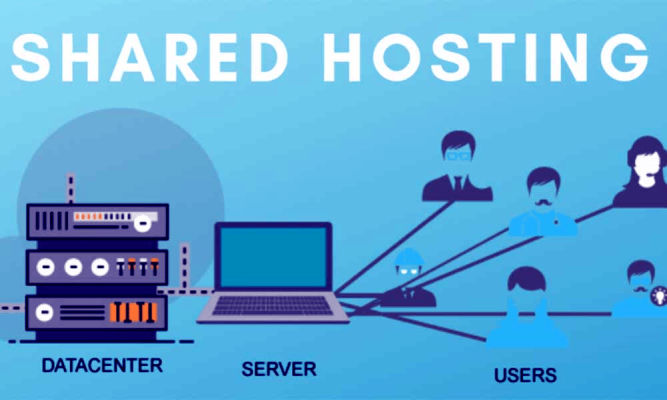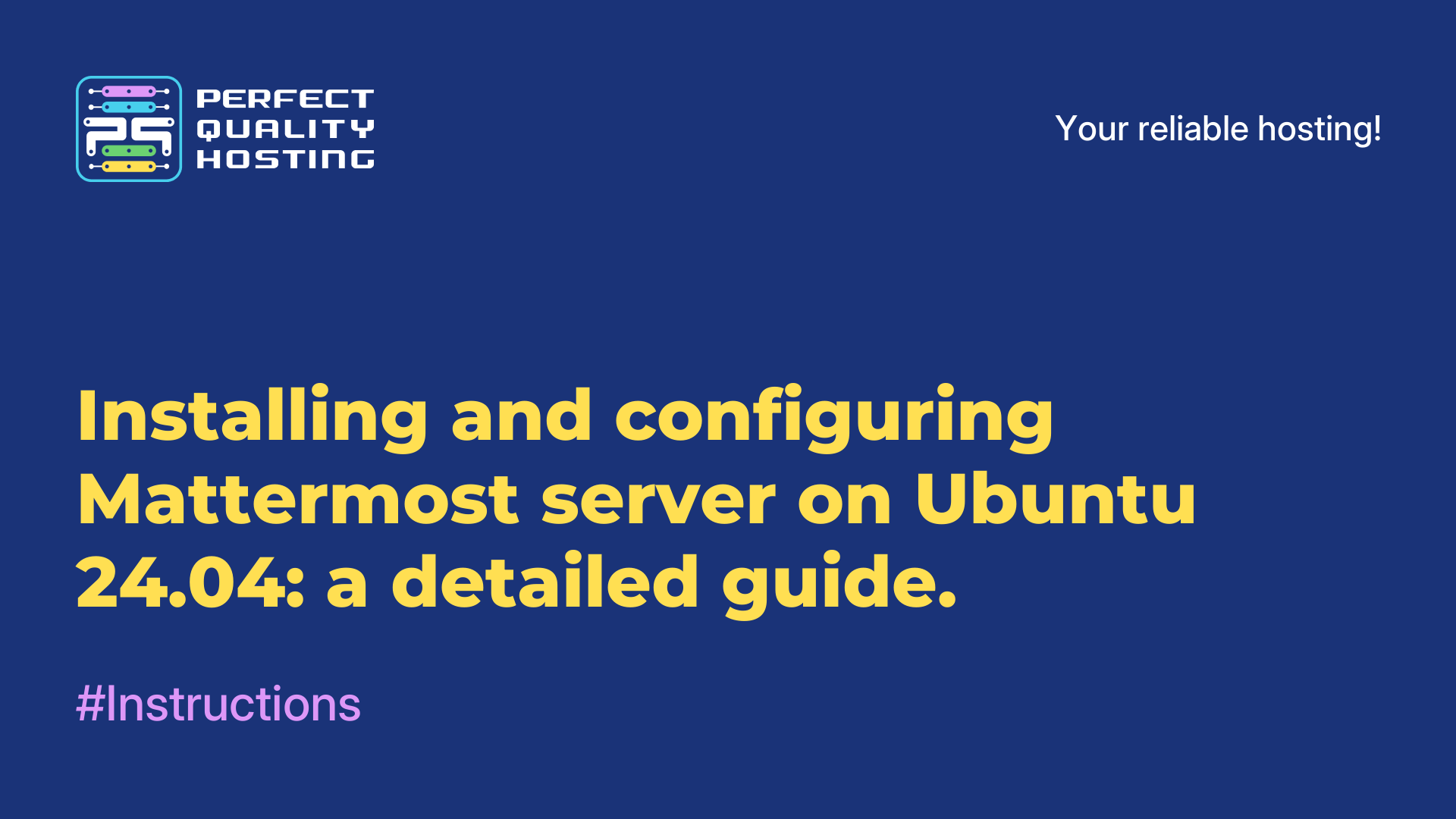-
United Kingdom+44 (20) 4577-20-00
-
USA+1 (929) 431-18-18
-
Israel+972 (55) 507-70-81
-
Brazil+55 (61) 3772-18-88
-
Canada+1 (416) 850-13-33
-
Czech Republic+420 (736) 353-668
-
Estonia+372 (53) 683-380
-
Greece+30 (800) 000-02-04
-
Ireland+353 (1) 699-43-88
-
Iceland+354 (53) 952-99
-
Lithuania+370 (700) 660-08
-
Netherlands+31 (970) 1027-77-87
-
Portugal+351 (800) 180-09-04
-
Romania+40 (376) 300-641
-
Sweden+46 (79) 008-11-99
-
Slovakia+421 (2) 333-004-23
-
Switzerland+41 (22) 508-77-76
-
Moldova+373 (699) 33-1-22
 English
English
VPS or Shared hosting: which hosting is perfect for your website?
- Main
- Knowledge base
- VPS or Shared hosting: which hosting is perfect for your website?
When choosing hosting for a website, you have to choose between two popular options: VPS (Virtual Private Server) and shared hosting. In order to understand which is better, let's understand their features.
What is a VPS and what are its advantages
VPS is a virtual server, which gives the user a part of a physical server with capabilities close to a full-fledged separate server. Root access for server configuration, editing system files and a dedicated IP address are available here. Unlike shared hosting, VPS resources are isolated, which gives more stability and security.

VPS virtualization often uses KVM (Kernel-based Virtual Machine) technology, which guarantees the privacy of resources and independence from neighboring sites. This ensures that your site is fast and reliable, without the risk of leaks or influence from other users. If the server capacity is not used, it will not be transferred to other sites, which ensures stable and fast functioning of your project. It is worth mentioning VDS (Virtual Dedicated Server), which works on a similar principle, but with virtualization at the hardware level, which provides even greater independence.
What kind of projects is a virtual server suitable for?
Virtual servers are suitable for many different projects due to their flexibility, scalability and availability. Here are a few examples of which projects they can be particularly useful for:
- Virtual servers are great for hosting websites, from simple blogs to complex corporate portals.
- For online commerce, high availability and performance are important. Virtual servers can provide the necessary power to handle a large number of users and transactions.
- If you are developing a web application or SaaS service, a virtual server can be a great foundation for hosting it.
- Virtual servers allow developers to create test environments, which simplifies the software development and testing process.
- For online courses and educational resources, virtual servers can ensure stable performance and availability of content.
- Can be used for hosting game servers, providing good performance and low latency.
- Can serve for backup and data storage, ensuring the security and availability of information.
- If your project expects significant load peaks, virtual servers can be easily scaled by adding resources as needed.
- Well suited for hosting popular CMSs such as WordPress, Joomla or Drupal, providing the performance you need.
- For projects that utilize microservices or API architecture, virtual servers can provide a robust and flexible infrastructure.
In general, virtual servers are suitable for projects of any size and complexity, providing users with the necessary resources and capabilities to work efficiently.
Shared hosting: a budget-friendly choice for small websites
Shared-hosting is a more economical solution, where multiple users' websites are hosted on the same server. This is convenient because the provider takes care of all the server administration and protection, and the site is managed through a simple panel. If your site is small and does not require high performance, shared-hosting may be a suitable option.

However, shared hosting has its limitations: server resources are shared among all sites, and their availability may depend on the activity of neighbors. This means that if there is a high load on the server, your site may slow down or become temporarily unavailable. Also, you cannot make changes to the control panel or install your own software, as the server is configured to serve a large number of users.
What kind of projects is shared hosting suitable for?
Shared hosting is suitable for a variety of projects, especially those that do not require large resources or high performance. Here are some examples for which projects it can be particularly useful:
- Ideal for hosting simple blogs or portfolios where not a lot of resources are required.
- For small companies that want to have an online presence, shared hosting can be a cost-effective solution.
- Sites with limited content, such as wikis or help pages, can work effectively on shared hosting.
- Simple one-page sites to present a business or service.
- Small forums or communities can work on shared hosting if they don't expect a lot of traffic.
- For small online stores with a limited range of products and low traffic, shared hosting may be sufficient.
- Temporary sites for promotions or events that do not require permanent hosting.
- For students and novice developers, shared-hosting provides access to a web environment for learning and experimentation.
- Simple sites on popular content management systems (e.g. WordPress, Joomla) if they don't require complex customization or high performance.
- Single-page sites for collecting leads or promoting products and services.
In general, shared hosting is a cost-effective solution for projects with low resource and traffic requirements. However, for more complex or heavy-duty projects, it is worth considering other hosting options such as VPS or dedicated servers.
What to choose: VPS or shared hosting?
For simple projects with low traffic shared-hosting will be an economical solution that does not require technical knowledge. But if your site requires high performance and security, as well as flexible customization, VPS is a more reliable choice.






































